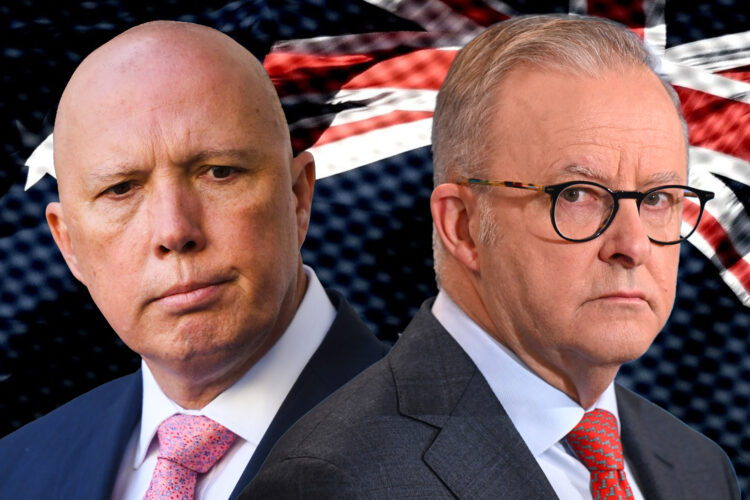All sides of politics agree – there is no gas shortage
Chris Bowen’s acknowledgement that Australia exports a lot of gas brings Labor into line with what everyone has long known – Australia does not have a gas shortage.
It means none of the Liberals, Labor, Nationals, Greens, One Nation and Independents believe the multi-national gas exporters’ claim that there is a shortage of gas in Australia.

“People say we have plenty of gas in Australia and that is true, a lot gets exported,” said Chris Bowen, Federal Energy Minister during a debate at the National Press Club.
Peter Dutton has already acknowledged Australia has an abundance of gas, and his idea to tax gas exports to ensure our gas flows first to Australian businesses and households is a good idea.
“It is ridiculous to say we have a gas shortage in Australia when we export so much of it,” said Richard Denniss, Executive Director of The Australia Institute.
“Our research shows we are giving away more than half the gas we export for free, with zero royalties paid on 56 per cent of all the gas we sell overseas.
“It is good to see agreement across the political spectrum on this issue.
“There is also no need for new gas or coal projects in Australia, there is gas there now.”

